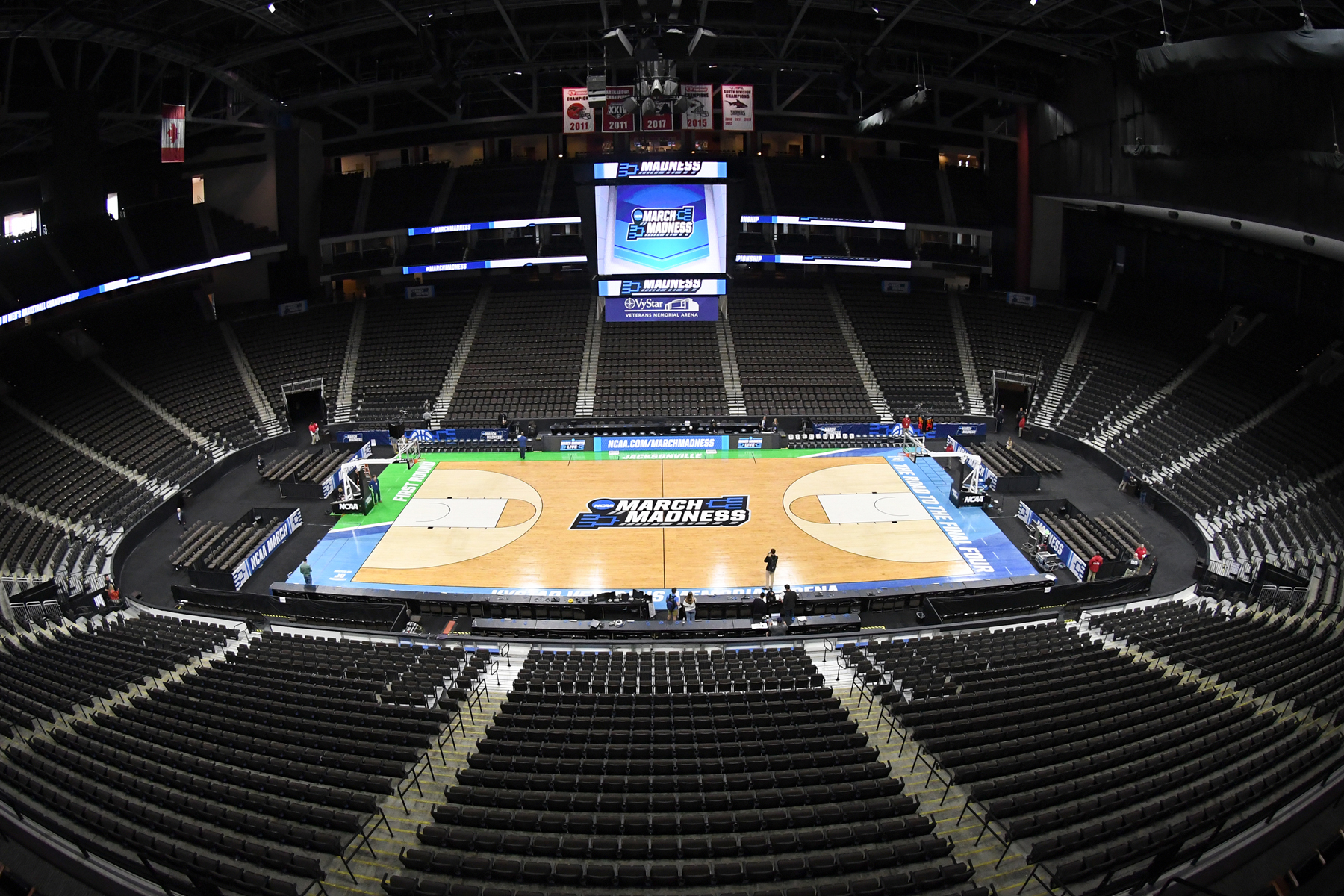
It’s obvious there are so many things we miss about our world right now. It’s also obvious that the absence of sports is creating a major hole in many of our lives.
But have you stopped to consider what specifically you miss, and, more importantly, why you miss it?
The former is easier to answer, so let’s tackle that one first.
We miss watching sports on television. We miss watching it on the “mind’s eye”, aka, listening to sports on the radio.
We miss reading about sports. Watching sports analysis and recaps on TV and the internet. We miss talking about sports with friends, family, coworkers—even strangers.
Some of us desperately miss writing about sports.
This spring would have looked very different without the coronavirus. There would have been college basketball tournaments, the NBA and the NHL. There would be baseball right now! Have you fantasized about what great spring weather we are having in the Pacific Northwest, and what you wouldn’t give to enjoy it in your favorite hoodie while spending an evening or afternoon at the ballpark?
There would have been the anticipation of football. Musings about rosters and spring practice reports. Knowledge that not long after the Fourth of July, players would be putting on helmets and getting ready for the fall.
So let’s consider the second question. Why do we miss sports and need them so badly in our lives? In the spirit of the ancient Greeks, let’s chase that dictum “know thyself” down a rabbit hole of understanding.
The roots of sports fandom run deep into the human psyche. At the most superficial level, we enjoy watching sports because we like seeing people compete against one another. We like to witness people winning and losing. We like to see how far human potential can go. How many points can someone score? How high and far can someone jump while balancing a basketball and also fending off opponents? Those are simple, visceral curiosities that get answered on a daily basis when sports are part of our lives.
But there are deeper psychological reasons. For most of us, our own lives do not afford us the same neat, tidy resolutions, the same wins and losses. Most of us can have “success” at work or at home, but usually they can’t be defined by points and rebounds. We can work together with colleagues, family and friends. We can also work against them. But we don’t get scoreboards at the end of the day that tell us where we stand. Honestly, most of us wouldn’t want those things anyway. Sports gives us a chance to notch measurable achievements in a low stakes way. Your team can pummel their opponent, but you don’t have to worry about that opponent following you home for revenge.
There’s also the “tribal” factor: that rooting for specific sports teams gives us a connection to people, places and things that are deeply important to us. For many people, where you live, where you lived, where you’re from, or the people you are related to in any of those places are among the most important parts of your sense of identity. A sports team is a readily available way for you to stay connected to those places and people.
When Seattle wins the Super Bowl, “you” win the Super Bowl. When San Francisco loses, “you” also win.
It’s part of human nature to want to compartmentalize things into easily recognizable concepts. Winning. Losing. Success. Failure. Our own lives don’t afford such easy answers.
It’s for these reasons that when we have sports taken away from us, so many people feel so bereft. Your conscious and subconscious depend upon sports on so many different levels. Having it all taken away is not unlike losing a close friend, family member, or pet, in the sense that something important to you has all of the sudden gone away.
No, sports is not as important as people or pets, for most of us, but they are still really, really important. Their absence is beyond notable.
What can we do right now? Beyond the obvious needs of staying safe and healthy, having enough food and money and a roof over our heads, we would also do well to appreciate all that we have in our lives as well as all that we have had.
The coronavirus will not run our lives forever. Sports will return. When they do, people will quickly return to their old ways. People will still complain about players, coaches, teams and referees. Once we are lucky enough to live in that new world, whatever it may look like, try to keep with you a kernel of this strange world we now find ourselves in. We never thought we would have to experience a world without sports. But now we have. And it’s not a place we ever want to go back to.




